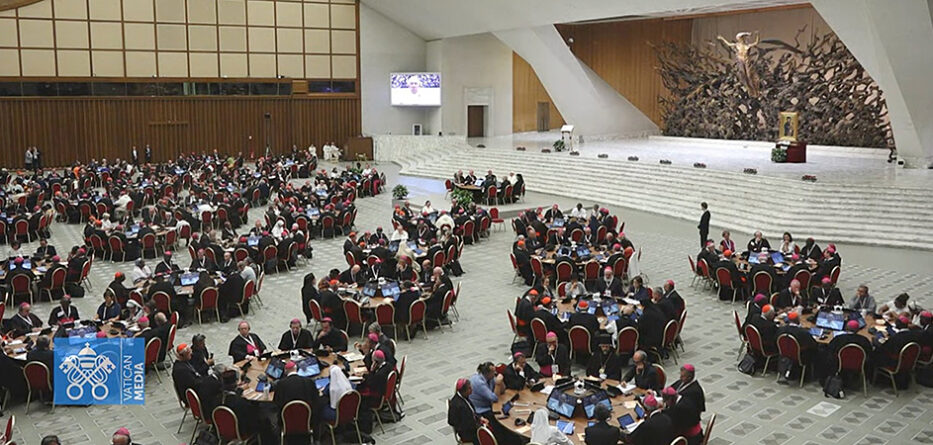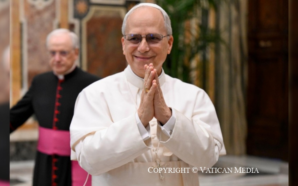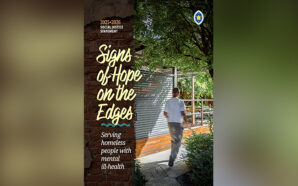Not everyone who is participating in the Synod on synodality is pleased about the method being employed to guide the discussions
The atmosphere of general enthusiasm that seems to surround the Synod assembly on the future of the Church now underway at the Vatican should not be taken at face value. Over the past few days, a number of dissenting voices have been raised during the October 4-29 gathering that has brought together 365 synod fathers and mothers, including Pope Francis.
During the sessions – which are closed to the media and outsiders – some of the participants have clearly made known their doubts about the method being used. They have raised their concerns during the “free interventions” in the plenary meetings, in the small-group discussions at the round tables spread throughout in the Paul VI Audience Hall, and even more so during the coffee breaks.
“The level has dropped a lot”
This is particularly true of some of the old Synod hands, who are quick to point out that the main problem is that theology is being neglected during the discussions. The “conversation in the spirit” used during group work, the method introduced by the organizers, requires Synod members to speak about their personal experience, rather than to address major concepts – in short, it’s experience over ideas.
“The level has dropped a lot,” complained one Synod father, who is not taking it lying down. He said he feels “restricted”, even “infantilized”.
This is all the more true given that participants are limited to four-minute interventions both in small-group discussions and their plenary assembly interventions. From the outset, almost everyone has stayed within the limit. But a few have not, and were reminded by a bell that their time was up. They said the four-minute restriction makes it impossible to develop a theological thought.
In any case, the few theologians who have spoken since the Synod assembly began – such as German Cardinal Gerhard Müller and Italian Archbishop Bruno Forte – did not seem to arouse people’s enthusiasm. Nor did Cardinal Marc Ouellet, who took the opportunity to promote his work on the theology of the priesthood.
“The theologians’ speeches are pretty boring,” said on member who is participating in his first Synod assembly.
Annoying applause
Critics inside the Synod assembly say a second problem is that the emphasis is placed on emotion. From the outset, discussions have been prepped by numerous personal testimonies, some of them describing dramatic situations.
Such was the case of a Spanish layman and president of an association for people with disabilities who spoke on behalf of this whole section of society, which he felt was insufficiently integrated into the Church. Then there was a young woman who very movingly explained that her lesbian sister committed suicide after being rejected by the Church. The assembly’s youngest member – just 22 years of age – was also given the floor.
All of them were warmly applauded after they spoke. And that applause left some people in the assembly more than a little annoyed.
“It’s all testimony and emotion,” said one. “But that’s not what our faith is about. Jesus accepts everyone, but tells people to convert. To the adulteress he says: go and sin no more.”
The same critics have also complained of an overly “Western-centric” focus, so much so that themes touching on sexual morality and people “wounded” by the Church (a term used in the assembly’s working document) tend to dominate – as at the afternoon discussions on Thursday, October 12.
“After around fifteen contributions, there were still some forty people to get through. A few days earlier, when talking about ecumenism, there were no more than ten,” one member said.
A third sign of tension is the clear refusal of some participants to take part in the process. At least one participant left his table last Friday afternoon October 13, before the discussions had even begun. His reason? He realized that one of the other people in his small group was known to defend positions radically opposed to his own.
This might have been just an isolated incident, but it’s a sign that it’s not all smooth sailing at this Synod assembly.
Reproduced with permission from La Croix International.








